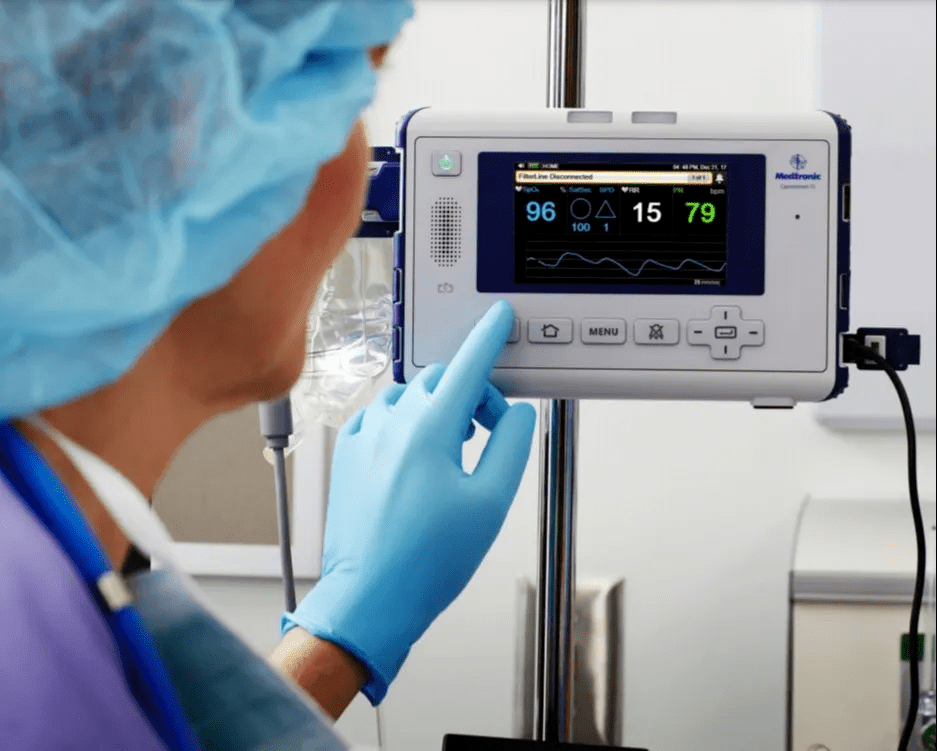Capnography for Resource-Limited Health Care Environments
- Ethan Levy
- Aditya Santosh Kondepudi
- Eli Levenshus
- Eloise Martenson
- Hannah Qu
- Keerthana Thammana
- Maria Thomas
- Marvin Larweh
- Dr. Elizabeth Logsdon (Faculty mentor)
- Dr. Andrew Malinow (Clinical mentor)
- Dr. Bhavani Kodali (Clinical mentor)
- Dr. Maziar Nourian (Committee member)
- Dr. Kenneth Parker (Committee member)
- Aseem Jain (Teaching Assistant)
Abstract:
Healthcare providers must ensure patient breathing before, during, and after all medical procedures. However, an estimated 45% of global intubations have an adverse event leading to a 30-day mortality rate of 33%. A common way healthcare providers avoid adverse events is by using capnography, a device which monitors patient respiration through an exhaled CO2 waveform display. Post-operative studies estimate 77% of intubation deaths are avoidable with capnography. Current capnographs are either expensive, pricing them outside of the global market, or lack robust design to withstand continued use. Given the unreliable or intermittent electricity supply in many Low and Middle Income Countries, (LMICs), the capnograph must be low power. A design with simple, modular components that can be easily replaced or repaired with minimal technical expertise and infrastructure, reduces the need for costly repairs or replacements. This allows healthcare facilities to continue providing vital monitoring capabilities without prolonged downtime. Therefore, a need not only exists for low cost capnographs, but also for a more robust option than current CO2 measuring devices.
We have developed a capnograph with reduced costs and our tests confirmed that this novel technology has comparable clinical accuracy in monitoring CO2 to a clinically approved reference device. We believe our capnograph can benefit the mostly uncaptured LMIC market, and our approach of device design could be applied to many other small medical devices unaffordable for this market.

